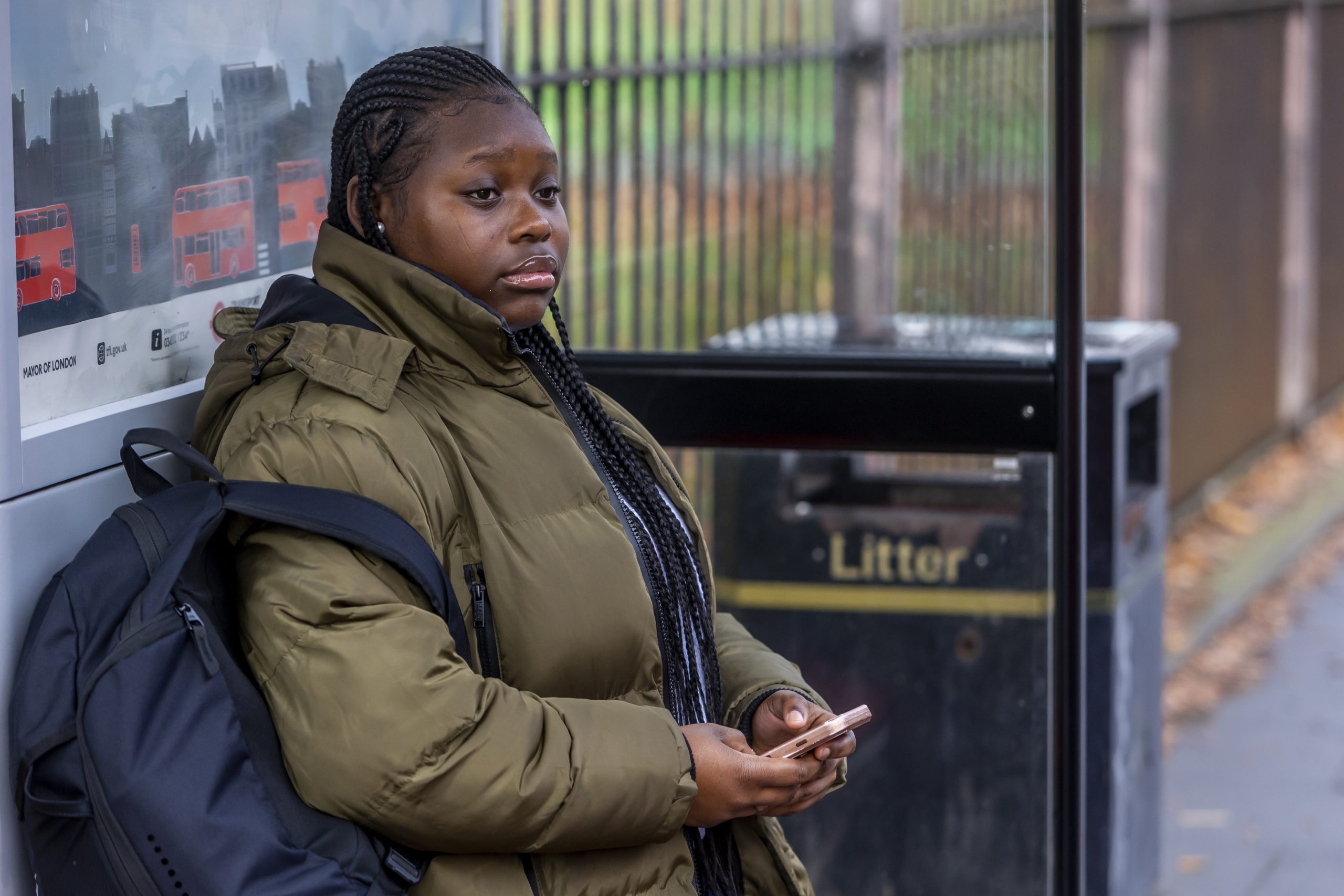Rights to medical treatment
Your right to consent and confidentiality when receiving medical treatment.

Rights to medical treatment
You have a whole load of rights and protections when it comes to receiving medical treatment in the UK. For a start, Doctors have a duty of confidentiality regarding your medical records and the treatment you receive. You can also choose your doctor and even refuse treatment in some circumstances. Read on to learn about your rights to doctor patient confidentiality and more.
When can I see a doctor on my own?
You can see a doctor on your own at any time, or any age – and you don’t have to tell your parents. Due to doctor patient confidentiality, your parents won’t be able to pump your GP for info, either.
If you’re under 16, you will still be offered confidential treatment by your doctor, as long as they are sure that you are ‘capable of consenting’. This means you’re able to understand the options and you’re not being forced or pushed into a particular treatment or choice (like having an abortion) by somebody else.
Your right to confidential sexual health advice
You can get confidential sexual health advice and treatment, so long as the healthcare professional or service is willing to provide it. Government guidelines request that all healthcare professionals (such as your doctor) clearly advertise their confidentiality policy, and suggest alternative local services if they’re unwilling to provide such services.
Find out more about visiting a sexual health clinic here.
Can I choose my own doctor?
Not until you’re 16, when you can also ask to switch from one GP to another. However, if there are multiple GPs in one practice you can normally ask to be seen by someone else, for example if you identify as a woman and would prefer to see a female doctor about a specific issue.
Doctor patient confidentiality in the UK
Everything that you share with your GP should be kept private, even if you’re under 16. Due to the data protection act, healthcare providers are required by law not to disclose personal information about their patients to a third party.
Exceptions to doctor patient confidentiality
There are circumstances when a doctor may be obliged to break confidentiality, such as if you are believed to be in danger of abuse or injury, or if you’re putting your life at risk by refusing treatment. In this situation, the doctor may inform Social Services, who will then act to make your welfare a priority.
Your rights to the contraceptive pill
A doctor can choose to prescribe the contraceptive pill to a girl who is under 16, providing they feel confident that you understand the implications and consequences. They may also chat to you about the importance of using condoms to protect against sexually transmitted infections. It’s definitely a good idea to read up on this stuff if you haven’t already.
By law, doctors should encourage under 16s to inform their parents, even if they go on to prescribe the pill without parental knowledge or consent because the young person does not wish to involve them. These principles also apply to abortions.
Is it possible to refuse medical treatment?
If you’re under 18, you have a right to refuse any recommended treatment, but if your refusal threatens your life then your parents will be told and asked for their consent to treat you against your will.
At age 18 or over, you can legally refuse, but your decision could be overruled in court if, for example, the refusal might result in your death or serious harm.
What if I want to change doctors?
You have the right to change your doctor and surgery without giving a reason, however it may be helpful to let them know you are leaving for administrative purposes.
Find out more about how to change GP here.
Want to know more? We’ve got loads of other info about using health services in these articles.
Next Steps
- Brook provides free sexual health and wellbeing services for young people in the UK. Brook's services include local clinics and online digital sex and relationships tool.
- You can visit NHS Choices for more information. You can get quick advice when it's not an emergency on 111.
- Chat about this subject on our Discussion Boards.
By Holly Turner
Updated on 08-Sep-2022
No featured article










